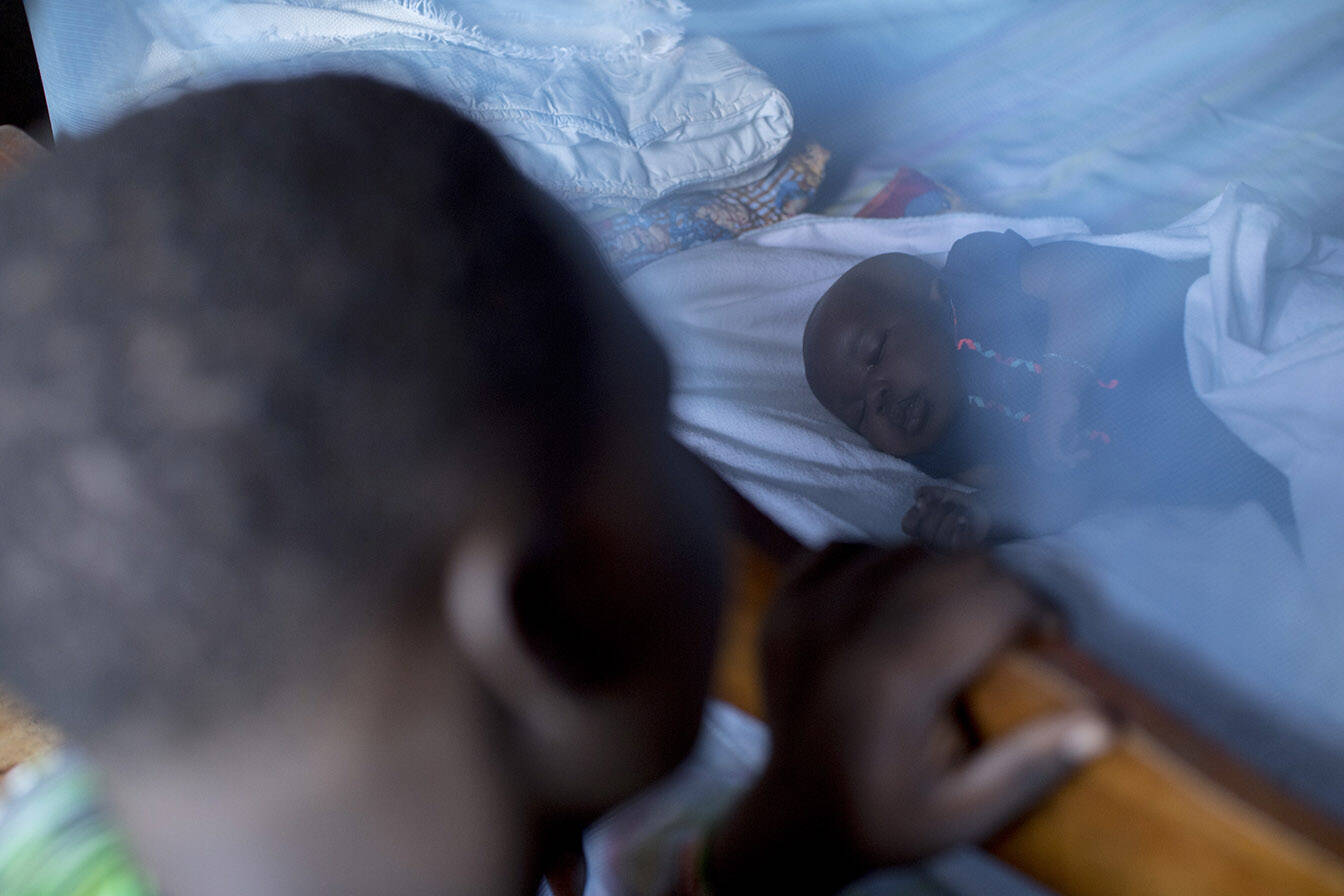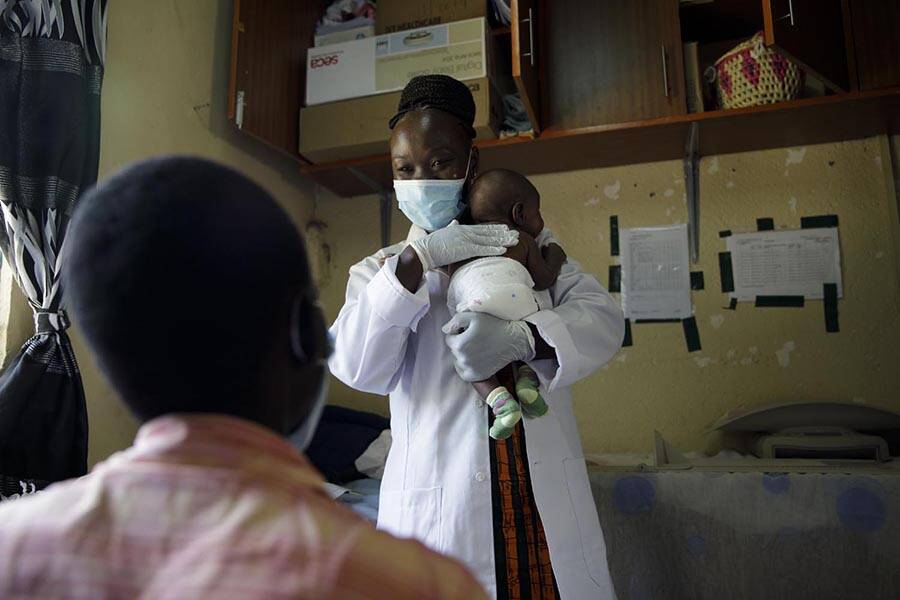
scroll down
The IMPROVE-2 study, carried out in Kenya and Malawi, areas with moderate to high levels of malaria transmission, found that the risk of malaria was halved in women receiving both DHP and co-trimoxazole (7% versus 15%). Adverse events were similar across the two groups and the DHP treatment was well tolerated.
The MAMAH study, carried out in Gabon and Mozambique, areas of low malaria transmission, also found that DHP was protective. Although parasite levels in the bloodstream at delivery (the trial’s main outcome measure) were not lower, women receiving DHP experienced fewer episodes of clinical malaria and malaria parasite infections.
These studies provide strong evidence that IPTp with DHP, used alongside co-trimoxazole, provides good protection against malaria in women living with HIV who are taking antiretroviral drugs. This will help to protect a group of women highly vulnerable to malaria during pregnancy.
During pregnancy, women are at particular risk of malaria, which can have severe detrimental impacts on both mother and child. These risks are multiplied if women also have HIV infections.
To prevent malaria infections during pregnancy, WHO recommends that women are given an antimalarial drug combination, sulfadoxine–pyrimethamine, a strategy known as ‘intermittent preventive treatment in pregnancy’ (IPTp). However, the standard antimalarial therapy used in IPTp is not suitable for women living with HIV who are taking co-trimoxazole, which is routinely given to prevent opportunistic infections, because of the risk of side effects when the two medications are given together.
A previous EDCTP-funded study showed that IPTp with a different antimalarial, mefloquine, could safely prevent malaria in pregnant women living with HIV, and could be used alongside co-trimoxazole. However, mefloquine was not well-tolerated by women. Two recent trials have examined whether a different antimalarial combination, dihydroartemisinin–piperaquine (DHP), is a suitable alternative to mefloquine.
Two major studies have identified a suitable drug combination that could be used to prevent malaria infections in pregnant women living with HIV.

Malaria prevention in pregnant women living with HIV